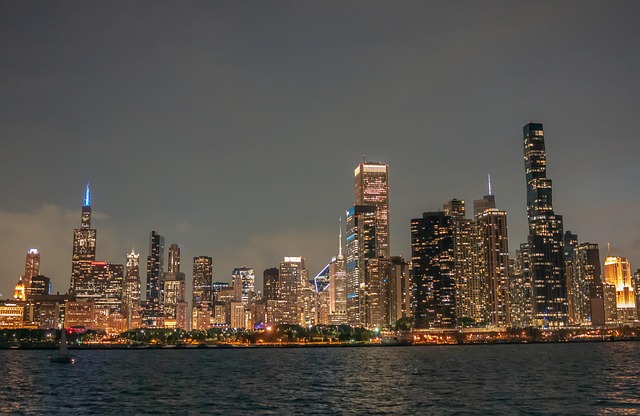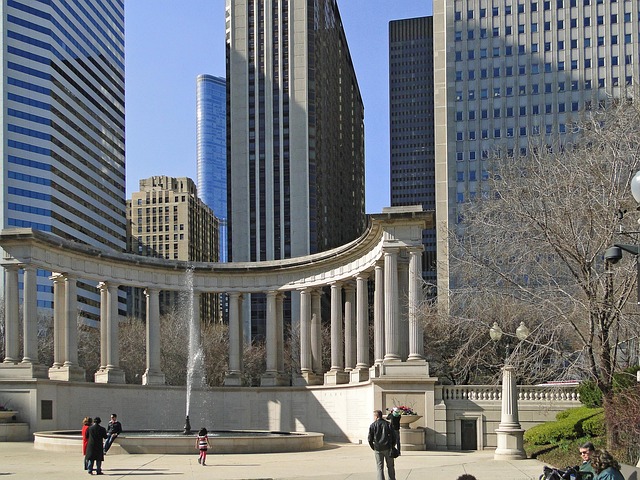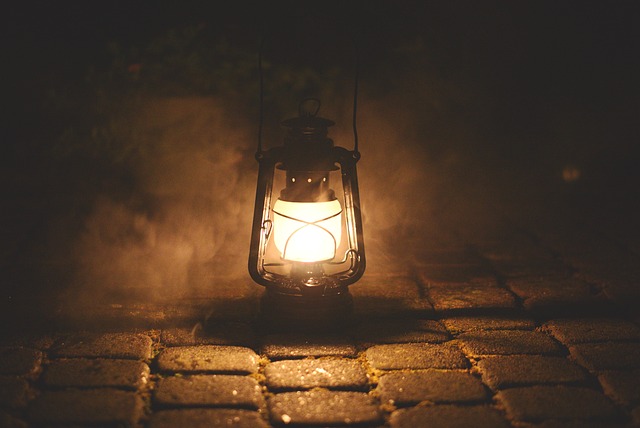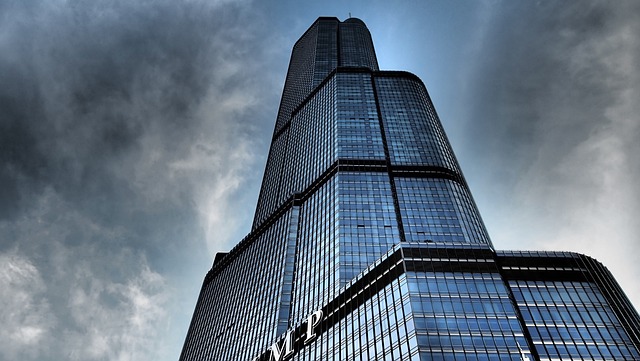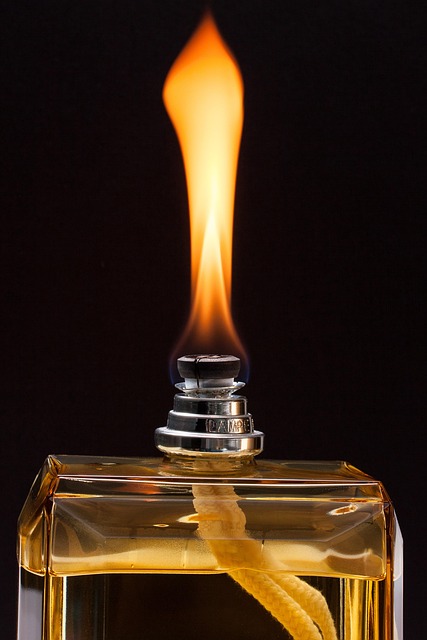After a fire in Chicago, selling your house involves adhering to stringent post-disaster housing regulations for structural integrity and safety. Start by assessing damage, filing insurance, and documenting repairs, then work with a real estate agent specialized in Chicago's post-fire housing market to ensure compliance and build buyer trust through transparent listing practices. Remember to disclose fire history and ongoing repairs.
Chicago residents and real estate investors alike must navigate stringent housing regulations, particularly post-fire. Understanding these rules is crucial for anyone looking to sell their property after a fire in this dynamic city. This article offers a comprehensive guide, breaking down the steps involved in the selling process while adhering to Chicago’s specific requirements. From assessing damage to securing necessary permits, we provide essential insights for a smooth transition when selling your house after a fire in Chicago.
- Understanding Chicago's Housing Regulations Post-Fire
- Selling Your House After a Fire in Chicago: A Step-by-Step Guide
Understanding Chicago's Housing Regulations Post-Fire
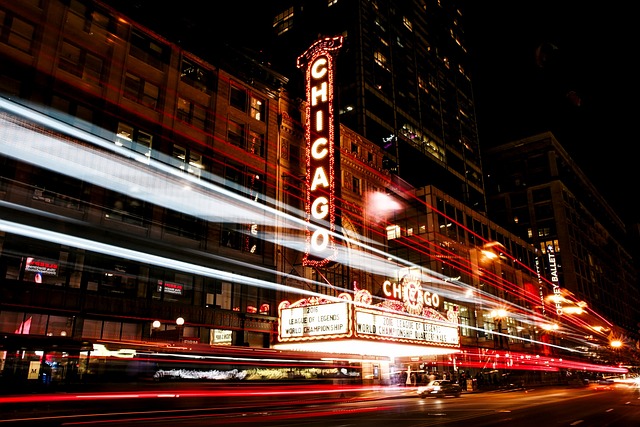
After the devastating Great Chicago Fire of 1871, the city implemented stringent housing regulations to ensure safer and more resilient buildings. These regulations became a cornerstone of Chicago’s urban planning, shaping its architectural landscape. Today, when residents consider selling their house after a fire, understanding these post-fire guidelines is essential.
The city’s rules often focus on structural integrity, safety features, and compliance with building codes. For instance, new constructions or renovations must adhere to specific standards for fireproofing, escape routes, and smoke detectors. These measures are designed not only to protect residents but also to maintain the overall safety and value of Chicago’s housing market. When selling a house after a fire, ensuring these regulations are met is crucial to a successful transaction.
Selling Your House After a Fire in Chicago: A Step-by-Step Guide
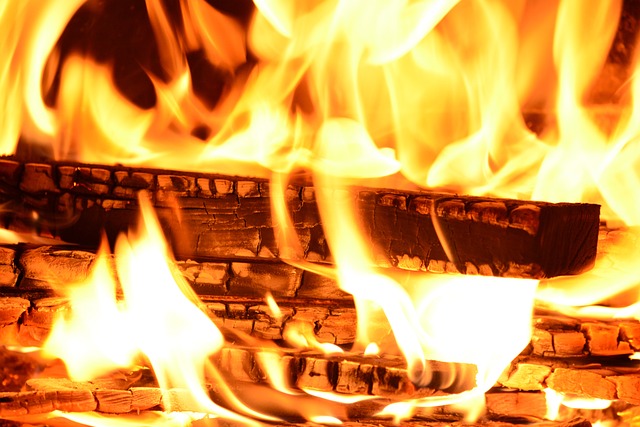
After a fire, selling your house in Chicago involves navigating specific regulations and steps to ensure a smooth process. First, assess any damage and reach out to your insurance provider to initiate the claims process. Once approved, document the repairs needed; some fires may trigger specific building code requirements for safe re-occupancy.
Engage a professional real estate agent familiar with Chicago’s housing regulations post-disaster. They’ll guide you through preparing your home for sale, including any necessary renovations to comply with local fire safety standards. Throughout the listing process, be transparent about the fire history and any ongoing repairs to build trust with potential buyers.
Chicago’s housing regulations, especially post-fire, offer both challenges and opportunities for homeowners. Understanding these rules is crucial when considering selling your house after a fire in Chicago. By following the step-by-step guide provided, you can navigate this process with confidence, ensuring a smooth transition towards rebuilding or relocating. Remember, knowledge of local regulations, like those related to selling a house after a fire in Chicago, is key to making informed decisions that best suit your situation.


